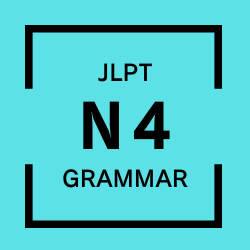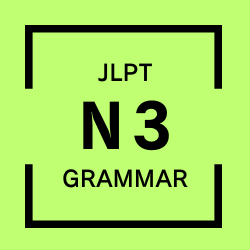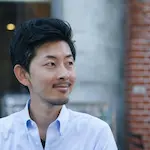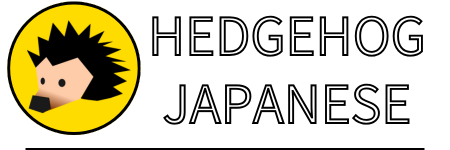例文
①私は一人暮らしを始めて、自分で料理を作るようになりました。
I started living on my own and started cooking for myself.
②たくさん練習して、自転車に乗れるようになりました。
I practiced a lot and learned to ride a bike.

意味・用法
①習慣や状態の変化を表すために使われます。
②動詞の可能形と接続し、能力を獲得したと言うために使われます。
英語 become, start,
① "~youninaru" is used to describe a change of habit or condition.
② "~youninaru" is also used to connect with the potential form of a verb to say that one has acquired the ability.
別の用法
V+ようになっている
詳しい文法解説 grammar point
▷ 使われ方
「なる」は状態の変化を表す動詞です。例えば、「暑くなる」は「暑くない→暑い」という状態への変化ですし、「静かになる」は「静かじゃない→静か」への状態変化です。
この「なる」を、動詞と使う場合には、動詞との間に「ように」が必要で、「V(辞書/ない/可能)+ようになる」という形で使われます。そして、この形で習慣の変化、反復的に起こる状態への変化、能力の変化を表すために使われます。
習慣/反復する状態の変化
1. 彼はその試合に負けてから、練習を休むようになった。〇
(休むになった✖)
After he lost that game, he started skipping practice.
2. 天井から雨漏りするようになった。〇
(雨漏りがするになった✖)
The ceiling has started leaking
能力の変化:(動詞は可能形)
3. 練習して1km泳げるようになりました。〇
(泳げるになった✖)
I have practiced and now can swim 1km.
▷ 否定の形
「しない」状態への変化を述べる場合は、「V(ない)ようになる」も使われますが、「V(ないく)なる」という形のほうが一般的です。
4. 彼は中学生になってから、あまり人と話さないようになった。〇
5. 彼は中学生になってから、あまり人と話さなくなった。◎
He stopped talking to people so much after he entered junior high school.
接続 formation
V(辞書/可能/ない) + ようになる
関連文法 related grammar

~ようにする
- JLPT N4/N3 Grammar

~ことになる
- JLPT N3/N4 Grammar

V+始める
- JLPT N3/N4 Grammar
例文 example sentences
用法1
・年を取ったせいか、朝早く目が覚めるようになりました。
I'm not sure, but maybe it's because I'm getting older, and now I am waking up earlier in the morning.
・私が何度も注意したら、彼は遅刻せずに学校にくるようになった。
After I warned him repeatedly, he started coming to school without being late.
・大学教授になったら、みんなが私のことを尊敬するようになった。
When I became a college professor, people started to respect me.
・彼も大きくなって、親の言うことに口答えするようになってきた。
He has grown up and started to talk back to his parents.
・彼の話をきちんと聞いてあげれば、彼も心を開くようになるんじゃないかな。
I think if you listen to him properly, he will start to open up to you.
・この10年で、日本にたくさんの観光客が来るようになりました。
In the past 10 years, more and more tourists have been coming to Japan.
・エアコンから変な臭いがするようになったら、フィルターを掃除してください。
If your air conditioner begins to smell strange, clean the filter.
用法2:V(可能形)
・昔は貧乏だったが、今は自分の買いたいものが買えるようになった。
I used to be poor, but now I can buy what I want to buy.
・子供の時に嫌いだったピーマンも今では食べられるようになりました。
I can now eat green peppers, which I disliked as a child.
・留学しただけで、英語が話せるようになると思っていませんか?
Do you think you can learn to speak English just by studying abroad?
・ケガが治って、ようやく歩けるようになりました。
My injuries have healed, and I am finally able to walk.

If you have any questions about this grammar, please comment below.
